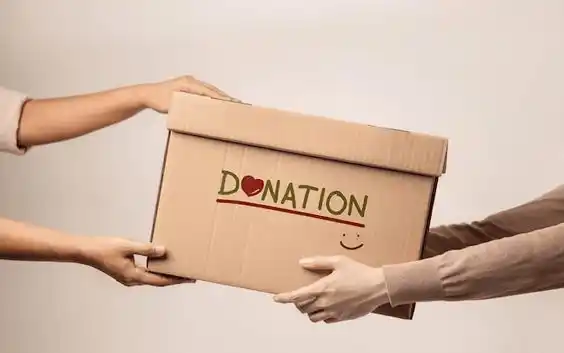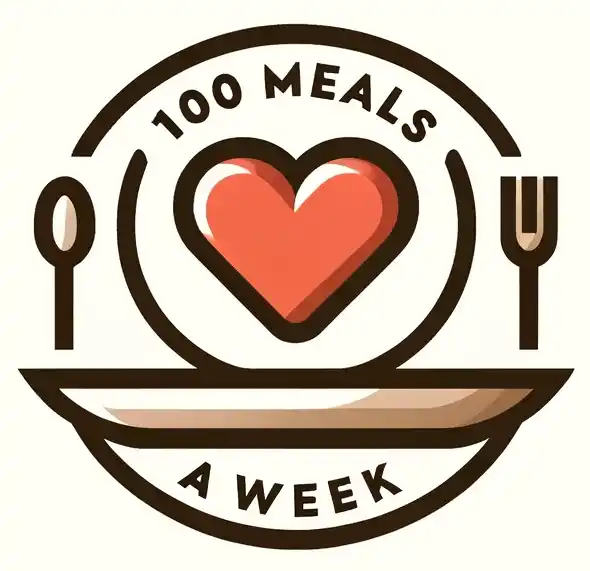Karina Hayat’s Guide to Affordable Donations for the Homeless

Supporting the homeless doesn’t require a large budget. Small, targeted donations can provide crucial aid and make a meaningful difference. Here are six low-cost items that offer real help and can significantly impact those in need:
1. Hygiene Kits
Personal hygiene is not just about comfort—it’s about dignity and health. Your donation can make a life-changing difference:
- Toothpaste and Toothbrush: Oral hygiene is vital in preventing dental issues and maintaining overall health. Providing new toothbrushes and toothpaste ensures individuals can clean their teeth regularly, reducing the risk of gum disease and cavities.
- Baby Wipes: Most people without homes often don’t know when they’ll have access to their next shower. Baby wipes are a game-changer, offering a quick and effective way to freshen up and maintain basic hygiene. These inexpensive packs make a huge difference in everyday comfort.
- Lip Balm and Lotion: Exposure to harsh weather can lead to dry, cracked skin. These items are affordable and can be sourced from discount stores or with coupons, making them an accessible option for those looking to help.
- Tampons or Sanitary Pads: Sanitary Pads and tampons are necessities that many people without homes struggle to obtain. Providing these products can significantly improve dignity and health for women in need.
2. Non-Perishable Food
Access to nutritious food is a critical need for people without homes, offering both sustenance and energy. Non-perishable food items are practical for distribution and long-term storage:
- Granola Bars: These are easy to carry and provide a quick source of energy. Granola bars are often packed with nutrients and can serve as a convenient snack or meal replacement.
- Canned Foods: Items like canned soups, beans, fish, meat and vegetables are beneficial because they have a long shelf life and can be consumed immediately. Opt for cans with pull-tab lids to eliminate the need for can openers, making them more accessible.
- Reusable Water Bottles: Donating reusable water bottles offers a sustainable solution for hydration. They are practical for daily use and can be refilled from various sources, promoting environmental responsibility.
3. Socks and Gloves
During the fall and winter, warmth and protection become paramount. Providing basic clothing items can make a significant difference in comfort and health:
- Socks: Clean, warm socks are essential for preventing frostbite and maintaining foot health. They also help keep feet dry and comfortable, which is particularly important for those living outdoors or in temporary shelters.
- Gloves: Gloves provide protection from the cold and help prevent frostbite. They are crucial for keeping hands warm and functional in freezing temperatures. Bulk buying or shopping at discount retailers can make these items more affordable.
- Tarps: Tarps are essential for maintaining safety and comfort during the rainy season. A tarp can protect a tent from water damage and keep personal belongings dry. This simple yet effective item provides a crucial layer of protection.
5. First Aid Supplies
Basic first aid supplies can address minor health issues and prevent them from escalating into more serious conditions:
- Band-Aids: These are essential for treating minor cuts and scrapes, which can become infected if left untreated. Providing a supply of Band-Aids ensures that individuals can manage small injuries promptly.
How to Get Involved?
To make the most of these low-cost donations, consider partnering with local shelters, NGOs, food banks, or community organizations. These groups can help ensure that your contributions reach those who need them most. Whether assembling care packages or participating in distribution events, your efforts can provide essential support and comfort, showing that even small contributions can have a powerful impact.
If you are keen on supporting the homeless through donating essential items, 100 Meals a Week, founded by Zeeshan and Karina Hayat, is a great place to start. One of our unique approaches to charity is minimizing the logistical barriers for contributors, ensuring that everyone can easily participate in our cause without hassle. We ensure that every donation, regardless of the item, reaches those in need.
For more information on how you can support 100 Meals a Week and its initiatives, please contact [email protected]
